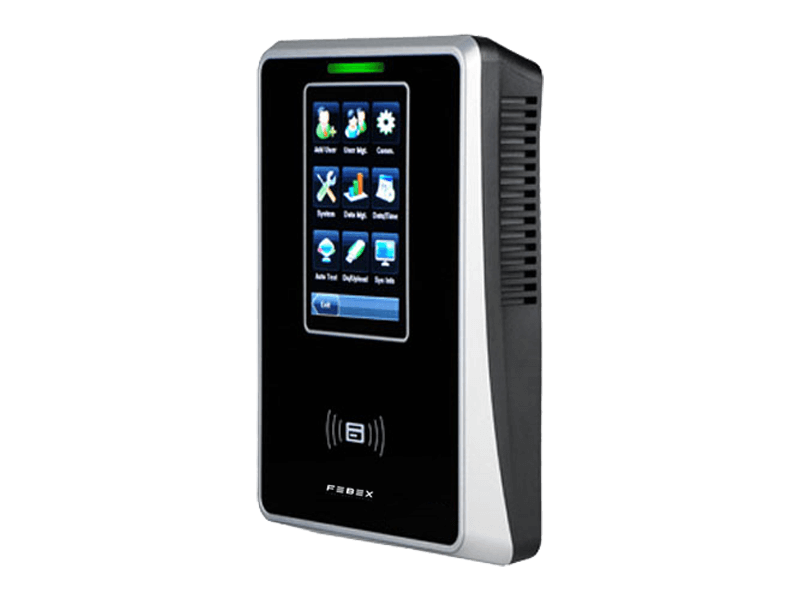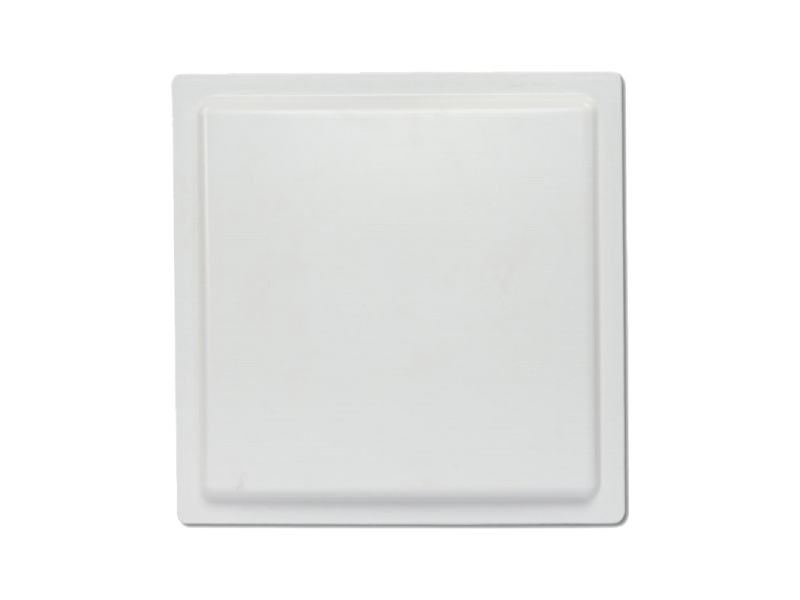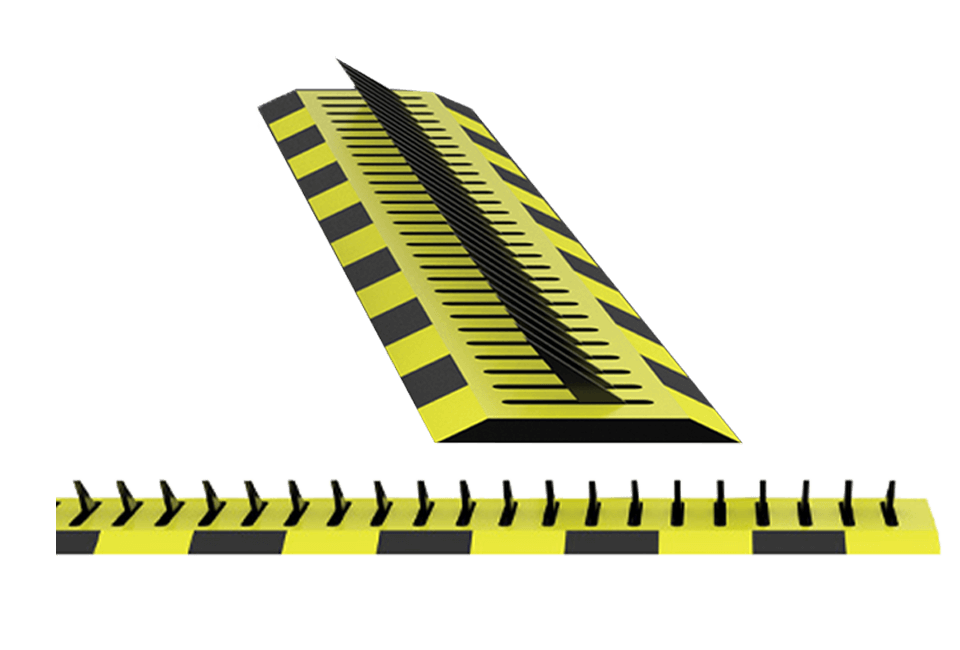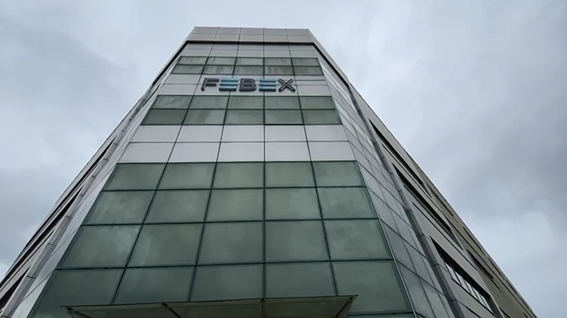Febex Revolutionizing Security: The Power of RFID Access Control Systems
Introduction:
In an era where technology continues to transform various aspects of our lives, it comes as no surprise that security systems have undergone a remarkable evolution. One such advancement that has gained prominence in recent years is Radio-Frequency Identification (RFID) access control. This cutting-edge technology has revolutionized the way we manage and secure physical spaces, offering a host of benefits over traditional access control methods.
Understanding RFID Access Control:
RFID access control is a sophisticated system that utilizes radio-frequency signals to identify and authenticate individuals or objects attempting to access a secured area. Unlike traditional methods such as key cards or PIN codes, RFID technology offers a more seamless and secure solution.
How RFID Access Control Works:
At the core of RFID access control systems are RFID tags and readers. RFID tags, typically embedded in access cards or key fobs, contain unique identification information. When an individual approaches a secured entry point, the RFID reader sends out radio-frequency signals. The RFID tag within the access device captures these signals, powering the tag and transmitting its unique information back to the reader. The reader then verifies the information against the database, granting or denying access accordingly.
Benefits of RFID Access Control:
- Enhanced Security: RFID access control provides a higher level of security compared to traditional methods. With unique identifiers for each user, it becomes significantly more challenging for unauthorized individuals to gain access.
- Convenience and Speed: The seamless and contactless nature of RFID technology enhances user convenience. Users simply need to present their RFID-enabled cards or fobs near the reader, eliminating the need for physical contact or manual input of codes. This results in faster and more efficient access control processes.
- Customizable Access Levels: RFID access control systems allow for granular control over access permissions. Administrators can assign specific access levels to different individuals or groups, ensuring that only authorized personnel enter designated areas.
- Audit Trail and Reporting: RFID systems maintain a comprehensive record of access events. This audit trail is invaluable for security purposes, providing a detailed account of who accessed specific areas and at what times. In the event of a security incident, administrators can quickly retrieve and analyze this information.
- Scalability: RFID access control systems are highly scalable, making them suitable for a variety of environments, from small businesses to large enterprises. Additional users or access points can be easily integrated into the system without compromising efficiency.
- Cost-Effectiveness: While the initial implementation cost of RFID access control systems may be higher than traditional methods, the long-term benefits often outweigh the investment. Reduced reliance on physical keys or cards, as well as the enhanced security features, contribute to a cost-effective and efficient solution.
Applications of RFID Access Control:
- Corporate Environments: RFID access control is widely adopted in corporate settings to secure offices, meeting rooms, and other restricted areas. It provides a seamless solution for managing employee access while maintaining a high level of security.
- Healthcare Facilities: Hospitals and healthcare facilities use RFID access control to secure sensitive areas such as laboratories, pharmacies, and patient rooms. The technology ensures that only authorized personnel can access critical areas, safeguarding patient privacy and valuable equipment.
- Education Institutions: Schools, colleges, and universities leverage RFID access control to regulate access to classrooms, labs, and administrative offices. This enhances campus security and allows for efficient monitoring of student and staff movement.
- Government Buildings: Government offices and installations implement RFID access control to protect classified information and secure sensitive areas. The technology helps prevent unauthorized access and ensures the integrity of government operations.
- Residential Complexes: RFID access control is increasingly used in residential complexes and gated communities to manage entry and exit points. Residents and authorized personnel can enter seamlessly, while unauthorized access is restricted.
Conclusion:
In the realm of access control, RFID technology stands out as a game-changer, providing a secure, efficient, and versatile solution for various environments. As technology continues to advance, RFID access control systems are likely to play an increasingly pivotal role in shaping the future of security, offering a potent combination of convenience and robust protection against unauthorized access. Embracing this innovative technology is not just an investment in security; it’s a step towards a safer and more streamlined future.







